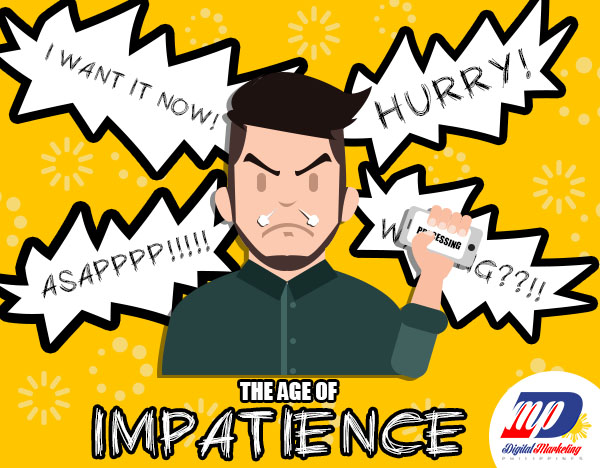I know it's a cliché, but being a parent is hard work! Don't get me wrong, my son is a bunch of joy and, most importantly, he lets me sleep at night, but, in spite of that, I find it difficult to find the right time for writing. Anyway, I'm struggling to keep my blog alive and kicking and that is why today I'm writing an entry about language learning expressions that I thought you might consider useful because, if you're following my blog, you are likely to enjoy languages as much as I do!! Here we go!:
Expressions
related to language learning
- To have a good ear for languages.
- I have to brush up my German. Otherwise, it’ll get rusty.
- To attain a level of competence
(achieve/reach/get)
- To hold a conversation in English.
- To put everything you learn into practice.
- To get accustomed/used to speaking English
in class.
- It’s
very important to get your message
across when speaking a language.
- I get by in German (I know some words and I can “survive”).
- I easily pick up languages, expressions or
phrases.
- I grasp new ideas, concepts, grammar (=understand).
- When you don’t know the
meaning of a word, try to infer/guess
it. If you are not able to, look it up in a dictionary.
- Acquiring a second language is difficult.
- English is becoming the
world’s lingua franca. The dominance of
English is undeniable; English is truly a global language (globish). English is gaining ground over some other languages. English is taking over (=taking control).
- A lot of languages are dying out because of English. English
is threatening/endangering other
languages. The survival of other languages might be compromised / might be at stake.
- Some verbs in –ing are taking hold. Modal verbs are giving way to other expressions (other
expressions are taking over modal
verbs)
- The English language seems
to be evolving very quickly (noun:
evolution; verb: evolve).
- You have to keep at your English studies.
- It’s difficult to come/get to grips with English
pronunciation (=face/make an effort).
- To be immersed in an English-speaking country.
- To struggle with phrasal verbs (to have problems with).
- To be a proficient user of a language (=native-like user).
- To speak a second language
(a language different from your mother
tongue)
- A polyglot is a person that speaks a lot of languages, a person that
picks up language very easily.
- You should take part in a language exchange.
- Some language changes go unnoticed or are barely perceptible. These are subtle changes. However, other ongoing changes (=happening now) are considered as lasting changes.
- The more English you speak,
the better. The more languages you
speak, the better person you’ll become!
Well, I hope you have found my entry useful. Why don't you start to use some of these expressions when using English? If you're interested in this topic revisit my entry on the importance of learning English and the importance of learning foreign languages.
See you around














